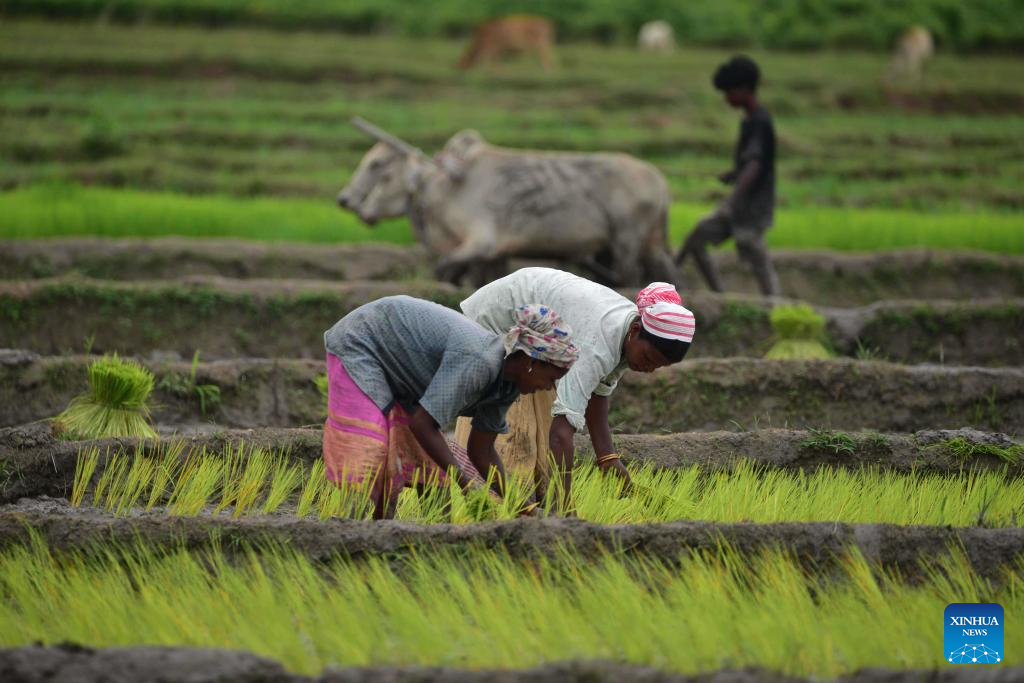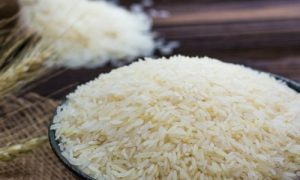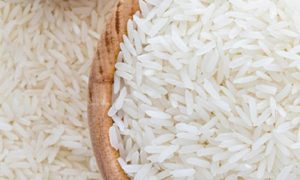Punjab bans sale of hybrid paddy seeds: Everything you need to know

The Punjab government has banned the sale of hybrid paddy seeds, citing high prices and lower milling efficiency. Farmers, however, argue hybrids offer better yields, water savings, and reduced stubble. Experts say poor milling outcomes stem from outdated machinery and post-harvest issues—not the seeds. Critics warn the ban contradicts national seed laws and may hurt farmers’ income potential.
The Punjab government has banned the sale of hybrid paddy seeds (non-Basmati rice), citing that they are being sold at high prices in the state. The government has also said these seeds lead to a higher percentage of broken rice during milling — the process of removing the outer husk and bran layers from paddy (unmilled rice) to produce edible, white rice — compared to the standards set by the Food Corporation of India (FCI).
The two issues have resulted in farmers receiving lower prices for their produce, according to the government. However, some of the farmers in Punjab and experts have opposed the ban.
Here is a look at the matter.
But first, why do Punjab farmers use hybrid paddy seeds?
There are approximately eight hybrid paddy varieties officially recommended for cultivation in Punjab. Private seed companies such as Savannah, VNR, Corteva, and Bayer offer these approved hybrids in the state. Some of the commonly grown varieties include: Sava 127, Sava 134, Sava 7501, 27P22, VNR 203 and others.
Farmers argue that hybrid varieties offer significant benefits over traditional ones, including shorter growth duration and higher yields. Even though Punjab Agricultural University (PAU), Ludhiana, has developed several short and mid-duration varieties, farmers claim hybrid paddy seeds still outperform them.
“These varieties also mature faster, saving water,” said Baldev Singh, a farmer from Muktsar Sahib. “But more importantly, they yield 5–6 quintals more per acre compared to the other varieties. We get an average of 35–36 quintals per acre, and sometimes even more, which means we earn Rs 13,000 to Rs 14,000 more per acre. These varieties also produce less stubble,” he said.
These hybrid varieties, with a growth duration of around 125 to 130 days, consistently yield between 35 to 40 quintals per acre, surpassing both short- and long-duration varieties currently available in the state.
Why has the government issued the ban?
During the 2024–25 Kharif marketing season, rice millers — responsible for storing and milling government-procured paddy — across Punjab refused to accept hybrid rice varieties. These millers argued that the out turn ratio (OTR) — a measure of the efficiency of the rice milling process — of these varieties was lower than that mandated by the FCI. While the FCI prescribes a minimum OTR of 67%, the millers claimed, the OTR of hybrid rice varieties was between 60% and 63%.
This shortfall means millers have to bear the financial loss from their own pockets. As a result, in 2024, the Punjab government had to persuade millers to store these varieties after much resistance. However, this time to avoid such a situation, the government has banned the sale of hybrid paddy seeds before the start of the sowing season.
Notably, in 2019, the Punjab Agriculture Department issued a blanket ban on the sale of hybrid paddy seeds. The ban, however, was short-lived and later amended to allow the sale of those hybrid seeds that had been officially notified by the Centre for cultivation in Punjab.
The latest ban, however, does not clarify whether the sale of notified and recommended hybrid seeds is permitted or not.
Do hybrid paddy seeds really have lower OTR?
Experts refute the millers’ claim that notified hybrid varieties, which are widely tested before launch, result in lower OTR. “Low OTR is not the fault of the seed itself,” they said. “It’s more about harvesting time and post-harvest handling.”
Optimal OTR is achieved when paddy is harvested at 22–23% moisture, sun-dried to 16–17% for FCI procurement, and finally milled at 13–14% moisture. Delayed procurement and drying due to logistical challenges lead to moisture loss and excessive breakage, thereby lowering OTR.
They also emphasised that many rice mills in Punjab still use outdated machinery, which further contributes to poor OTR results. Millers need to upgrade their processing technology to match modern standards, according to experts.
“Hybrid rice varieties are widely cultivated across the world due to their advantages in yield, water conservation, and reduced stubble burning. Experts warn that Punjab should not set a misleading narrative against these scientifically validated and government-notified varieties,” Ajai Rana, chairman of the Federation of Seed Industry of India and CEO & MD of Savannah Seeds Pvt Ltd, told
Experts also argue that instead of issuing arbitrary bans, the Punjab government should focus on regulating the sale of genuine and notified hybrid seeds, ensuring farmers receive seeds at reasonable prices and of assured quality. “Rather than cracking down on unscrupulous local dealers who sell such varieties at exorbitant prices, the government is avoiding its responsibility by completely banning even the approved hybrid varieties,” they said.
What does the law say?
Industry experts contend that Punjab’s approach contradicts provisions under the Seed Act, 1966, and the Seed Control Order, 1983, both of which are under the jurisdiction of the Centre. These laws empower seed companies to sell hybrid varieties that have been officially notified by the Centre.
“In the case of Punjab, the government has tried to ban all hybrid rice varieties — including those that are recommended and notified. This clearly conflicts with the Seed Act and the Seed Control Order,” said Rana. He also said that Sections 6 and 7 of the Seed Act made it clear that once a seed variety was notified by the Centre — including hybrid seeds — it becomes a legally approved variety. The state governments do not have the legal authority to arbitrarily ban the sale of such notified seeds, according to Rana
“The role of state governments is to ensure that the seeds sold within their territory conform to the standards of purity, germination, and quality as outlined by the Act. States may regulate the sale through certification and inspection mechanisms, but cannot prohibit the sale of centrally approved varieties,” said Rana.
To Read more about Rice News continue reading Agriinsite.com
Source : The Indian Express
















